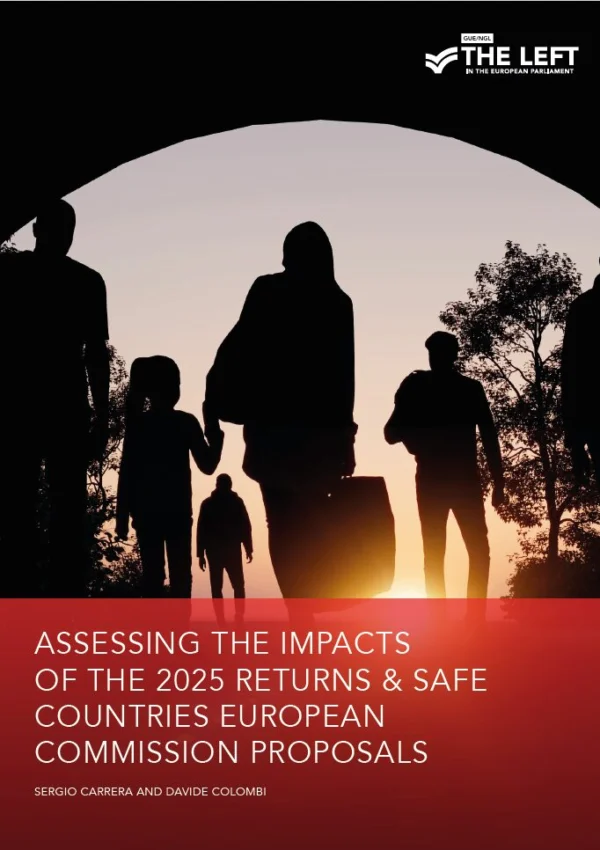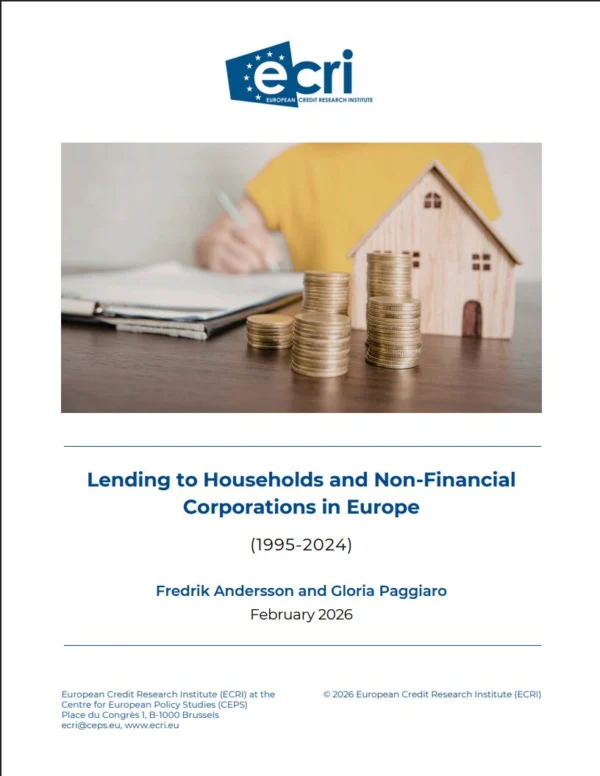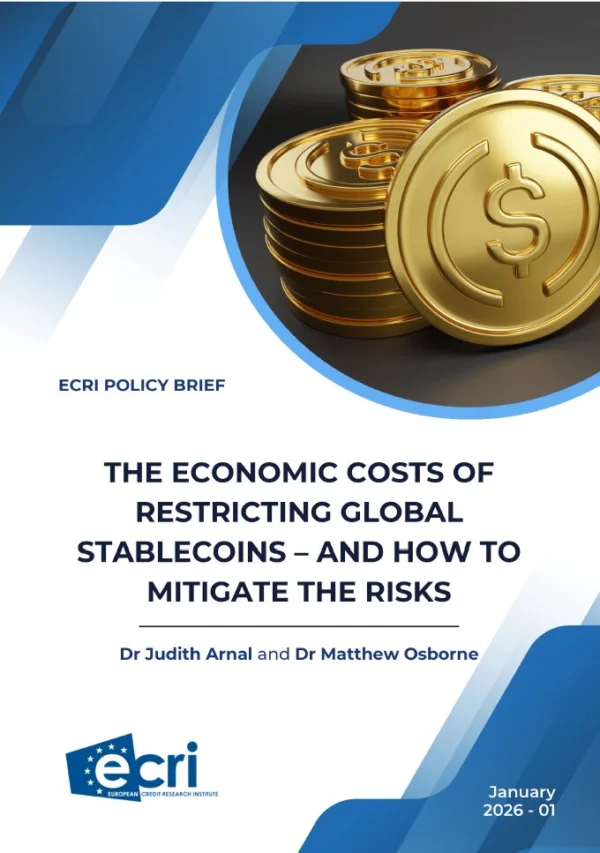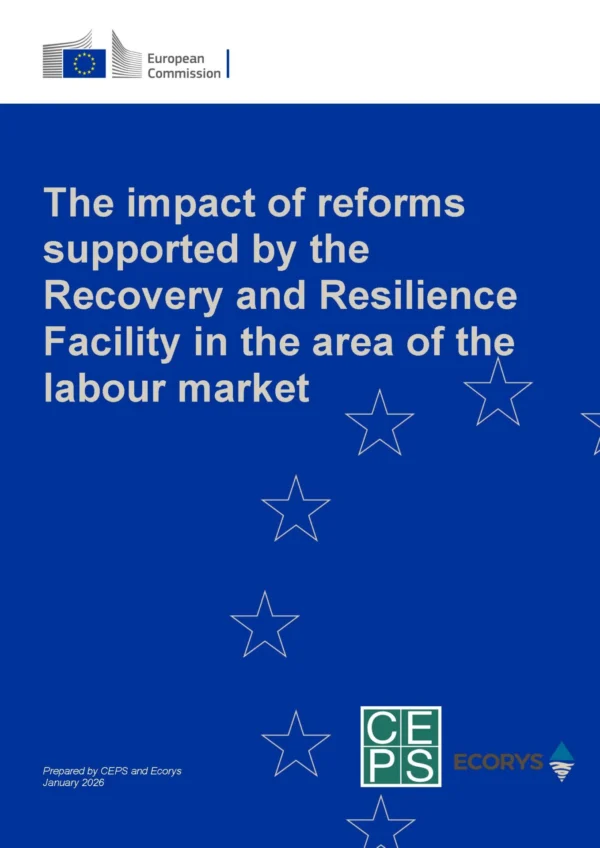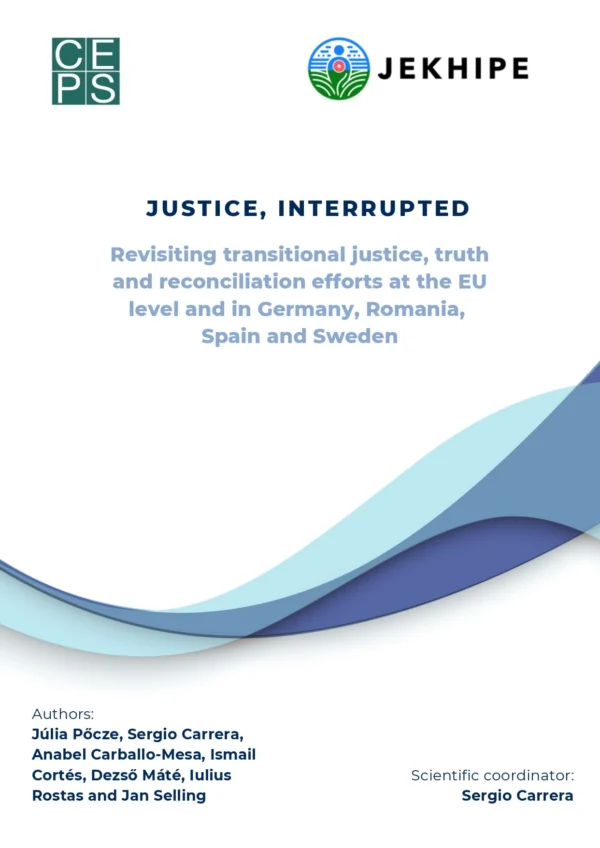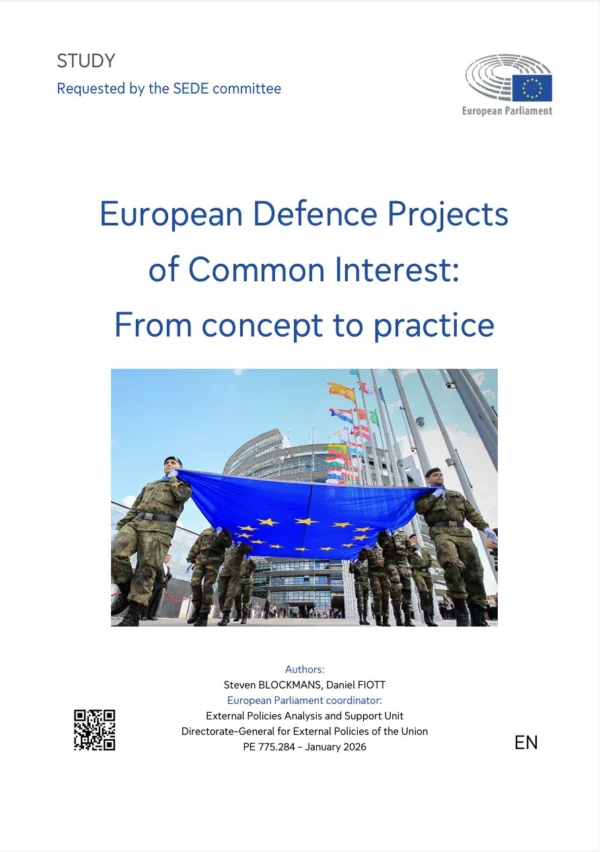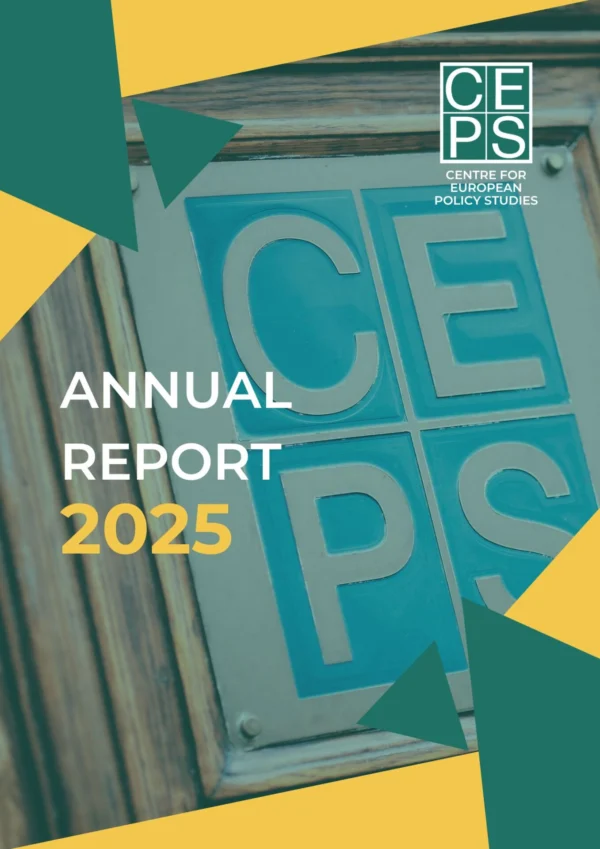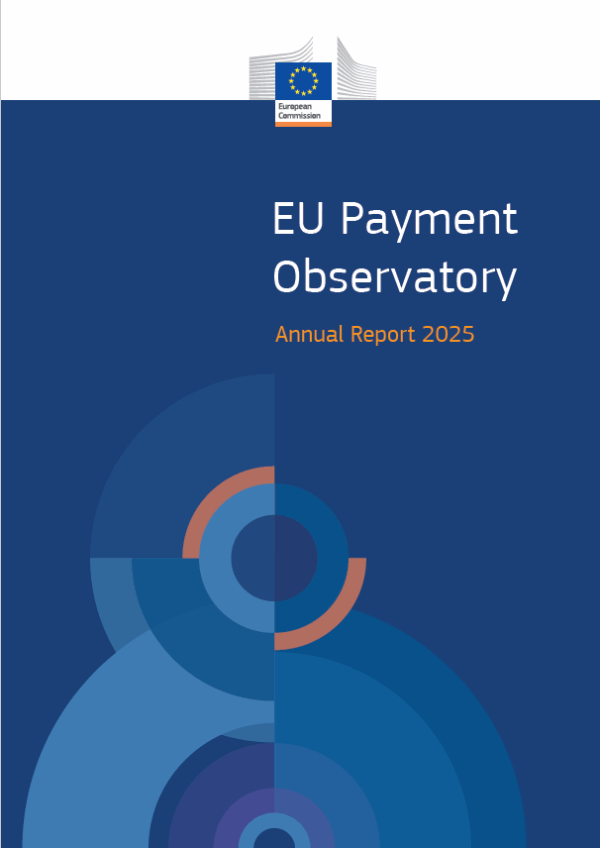This paper finds that the long-awaited reform of the EU’s revenue arrangements can be pursued within the current legal framework, thus keeping member states’ fiscal sovereignty unaffected. In order to have a chance of approval by national parliaments, the author recommends that reform options should concentrate on known grounds and operational solutions. These include providing a reliable estimate of potential revenue and expected burden sharing as compared with the current arrangements.
A key issue is whether the EU budget should be financed by a visible fiscal source. Making citizens directly liable for funding the EU budget would represent a major political decision. This study argues that the value added tax provides an operational solution to ensure the visibility of EU contributions without increasing the overall tax burden.
Since EU revenue and expenditure are set as a comprehensive package, there is also a need to consider the extent to which the current spending programmes provide the best value and achieve objectives of common interest with demonstrable results. Such assessment should inspire the proposal for the multiannual financial framework after 2020, to be presented by the Commission in about a year’s time.
Gabriele Cipriani is Principal Adviser at the European Court of Auditors. The opinions expressed by the author in this publication are personal and in no way commit the European Court of Auditors or CEPS.
Series: CEPS Special Report No. 150 No of pp: 26

